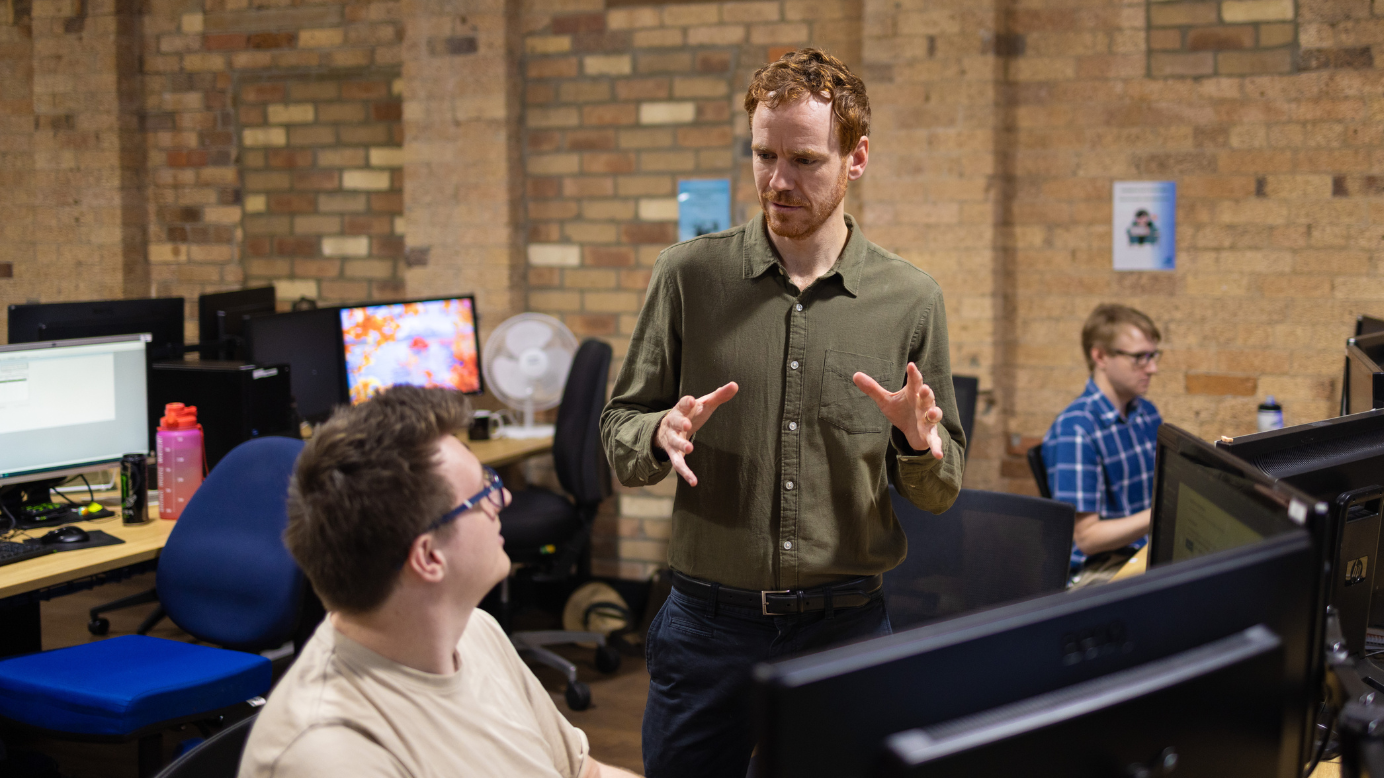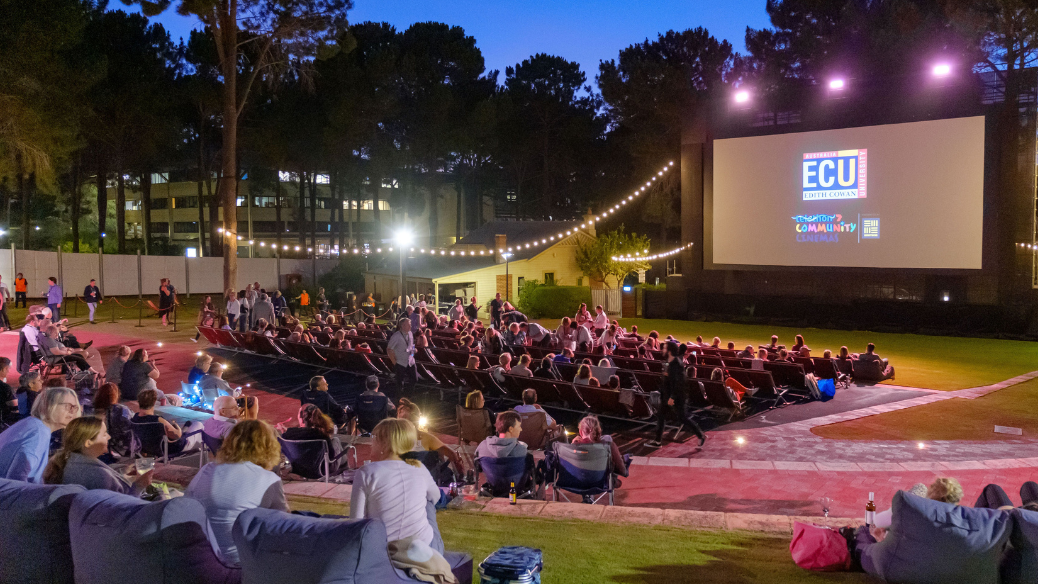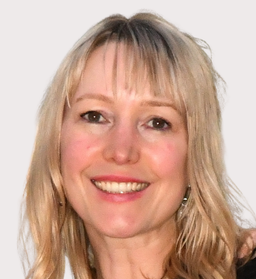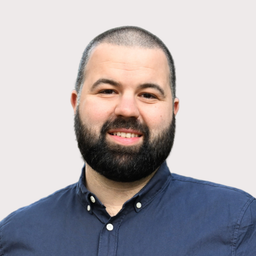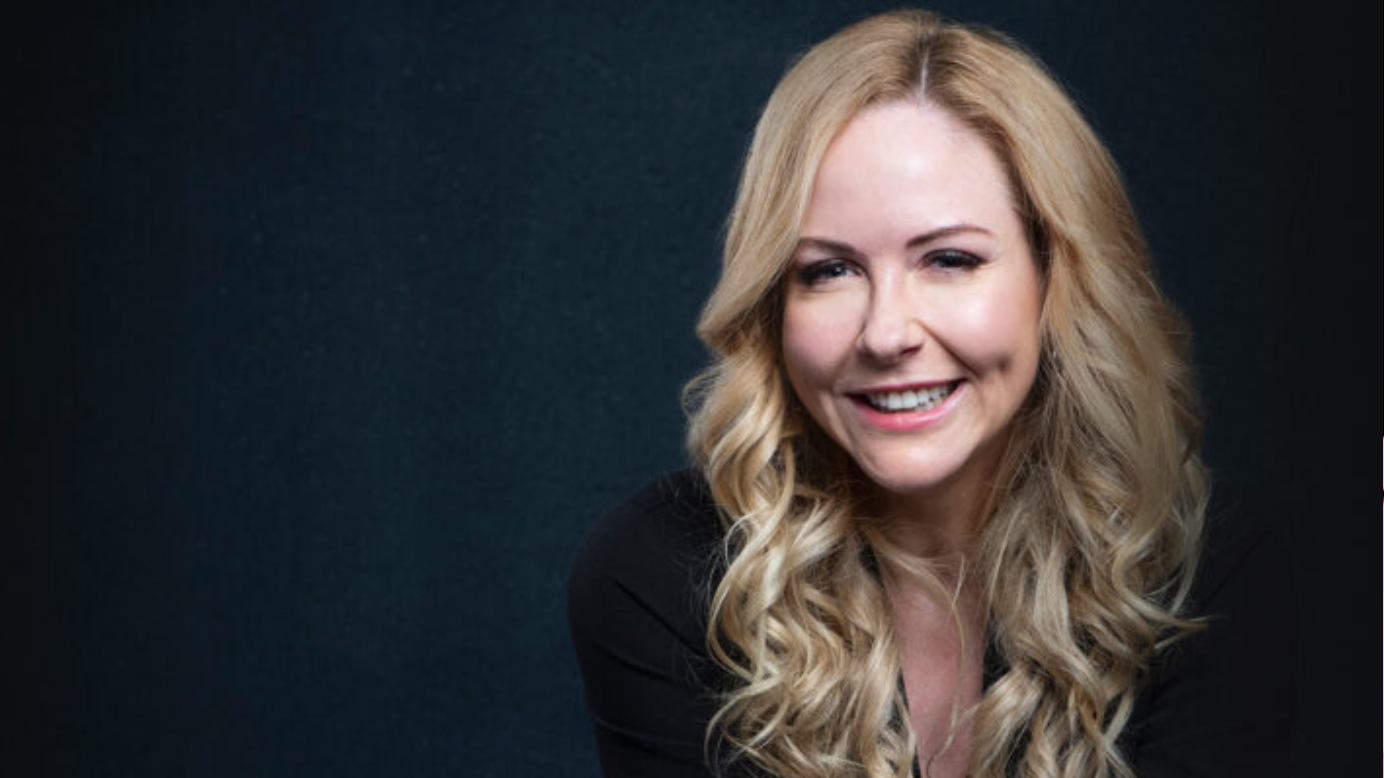
Shifting the narrative - Lisa Cox OAM’s fight for disability inclusion
Table of Contents
In the intersection of business, media and disability advocacy stands Lisa Cox OAM, an internationally awarded thought leader, TEDx speaker, author and consultant who has dedicated her life to changing the narrative surrounding disability. After overcoming personal medical challenges, including surviving two near-death experiences, Cox’s journey to become a leading voice for disability inclusion is nothing short of inspiring.
From agency life to advocacy
For years, Cox worked in the world of advertising, where she created visibility for commercial products and crafted compelling messages designed to influence consumer behaviour. But after acquiring her own disabilities in 2005, she realised that the fulfillment she sought could not be found in working in advertising agencies but rather working with the industry to create visibility for disability and then amplifying and elevating voices from the disability community.
“I couldn’t change my disability, but I could change the way people with disabilities were represented in mainstream media,” she explains.
After her first year in hospital, Cox found herself watching a 60 Minutes segment on Youngcare. National not-for-profit Youngcare addresses the issue of young people with high needs being left in inappropriate accommodation, such as aged care facilities. Deeply moved by their story and vision, Cox immediately reached out to Youngcare, offering her skills as a copywriter. “Everyone can donate in different ways. It doesn’t have to be monetary.” She has been volunteering with Youngcare ever since.
In addition to her work with Youngcare, Cox is the founder of the Accessible Impact Fund, a platform designed to empower businesses and individuals to champion disability inclusion. The fund’s work focuses on shifting the narrative around disability through strategic partnerships and media collaborations, ensuring that the voices of people with disabilities are amplified across industries.
Cox’s goal is to not only increase this visibility but to do so in a way that is authentic and free from harmful stereotypes. Misrepresentation, she notes, is just as dangerous as under-representation. She explains that disability is often portrayed in advertising as tragic, which can have harmful consequences. The impact of such portrayals can be significant for people living with disabilities, impacting one’s education, employment, healthcare and even personal relationships.
The business case for disability inclusion
With a keen understanding of consumer psychology, market share and the importance of visibility, Cox quickly recognised that businesses were missing out on a significant portion of the market: people with disabilities, who make up approximately 20% of the global population. This demographic is grossly underrepresented in advertising and media, with estimates showing people with disabilities appearing in only 1% of prime-time ads.
Cox adds that people sometimes get uncomfortable when she starts talking about disability and things such as market share or profit margins in the same sentence. Unfortunately, some incorrectly assume that this is all about commercialising disabled people, which could not be further from the truth.
Stressing that businesses should incorporate representation consistently and seamlessly, Cox declares, “The best time to start is now, and it can’t just be a token gesture. It has to be part of a larger, ongoing commitment. People with disabilities exist in society – we don’t just appear.” Consulting people with disabilities during the creation of campaigns or products is also an effective way of ensuring that representation is done in a respectful and meaningful way.
A vision for the future
Cox’s ultimate vision is one of acceptance – a future where disability rights no longer need to be fought for because they are simply part of the social fabric. “Maybe I’m being too Pollyanna about it,” she says. “But I’d like to think that a day will come when disability inclusion is common sense, not something activists have to fight for every day like they have been for decades.”
As part of the Inclusive Futures: Reimagining Disability project at Griffith, Cox is undertaking research that explores how people with disabilities are represented in media and how this impacts their vocational and employment outcomes. This has been particularly meaningful work for her, as the findings have real-world applications and create opportunities for further collaboration between academic researchers and the disability community.
Cox’s journey has not been easy, but her passion and commitment to making the world a more inclusive place have made her a trailblazer in disability advocacy. “I never want anyone to feel like I did 20 years ago, and I am fortunate enough to have this skill set. So why not use it! I am so grateful to have been given a second chance at life, so I’m going to use this as best I can to leave the world just a little bit better than how I found it.”
With her drive to continue the work of those who came before her, it is clear that Cox is helping pave the way for future generations of activists, business leaders and individuals with disabilities. Every step is a move towards creating a world where disability is not an afterthought but a celebrated part of our shared humanity.
Charity Journal - Australia Newsletter
Join the newsletter to receive the latest updates in your inbox.

